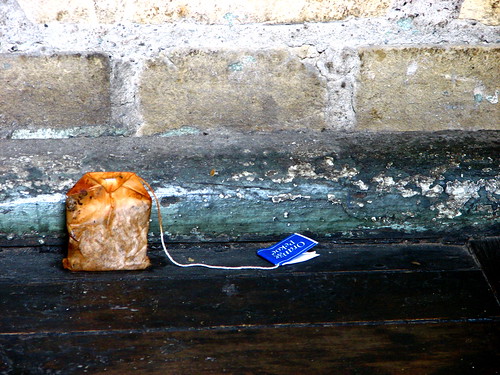Controlling Hunger During a Fast: Does Decaffeinated Tea Help?
Previously in my quest for zero-calorie appetite-suppressing liquids to help me with intermittent fasting, I have tested green tea, black tea and coffee. Coffee has been the most effective, followed by black tea and finally green tea. This order suggests that the key ingredient is caffeine, because green tea has the least caffeine and coffee has the most.
In order to find out how much of the effect is in fact due to the caffeine content, I purchased decaffeinated black tea, which I've been consuming during the past week or so. The results confirm the caffeine hypothesis: decaffeinated tea is no more helpful in controlling hunger than, say, water. Obviously drinking any liquid has the potential to mask the feeling of hunger for a short while, but the difference between normal black tea and decaffeinated black tea is quite noticeable.
The only use I can find for decaffeinated black tea is for drinking it in the evening, when large amounts of caffeine is a bad idea - for me at least. Other than that, normal black tea or green tea is the way to go, because the decaffeination process also affects the polyphenol content of the tea, so you'll be missing out on some of the positive health effects of tea.
For more information on green tea, black tea and fasting, see these posts:
The Psychological Effects of Intermittent Fasting
Dental Health Effects of Green and Black Tea
Green Tea Reduces the Formation of AGEs
Black Tea Is More Effective in Activating Superoxide Dismutase (SOD) than Green Tea









0 kommenttia:
Post a Comment